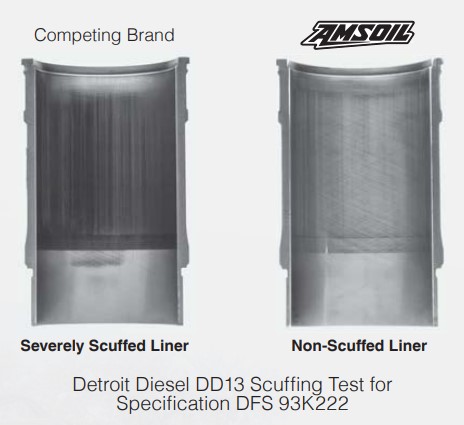Engine Oil Leaks
If your engine and its sealed drive units show no signs of oil leaks, the causes of increased oil consumption narrow down to two main issues. Once ruled out, it’s a relief. The rest of the scenarios usually stem from mechanical problems.
Start by meticulously checking for external oil leak sources: inspect oil lines, the crankcase drain plug, oil pan gaskets, valve cover gaskets, oil pump and fuel pump gaskets, timing case covers, and camshaft bearing seals. Overlooking any potential leak sources could result in significant oil consumption, even from the tiniest leaks.
Vigilance is key to managing excessive oil usage. Noticing oil spots under your vehicle is crucial to curbing this issue. As a guideline, if you observe one oil drop every 20 feet, it roughly translates to losing one quart every 100 miles of driving.
Consider this: a typical fuel tank for a car or truck powers the vehicle for 4-6 hours or 400-600 highway miles. If you lose one quart of oil for every 100 miles due to minor leaks, you could lose up to 4 quarts after one or two fuel tanks!
Even the smallest leaks can rapidly deplete your oil reserves. Considering that most cars and trucks hold only 4-8 quarts, these leaks can significantly impact your engine’s oil levels in a short time. Regular checks and prompt fixing of leaks are crucial to maintaining proper oil levels and engine health.
Oil consumption can be increased due to “dirty oil” and “overfilling” of the crankcase.
The Two Most Common Reasons for Increased Oil Consumption
Overfilling… too much oil in the crankcase
Incorrectly inserting the oil dipstick may give a lower reading than expected. Adding more oil can make this reading look normal, but it will result in the oil level being too high. If this happens, it can lead to too much oil being thrown onto the cylinder walls, and some of it can end up in the combustion chamber in pressure-lubricated and splash-lubricated engines.
Dirty oil
Changing the oil at the advised times or not correctly maintaining the oil filter will prevent it from becoming so dirty that it blocks the piston rings and pistons’ oil passages, leading to increased oil consumption. This contaminated oil will also accelerate the wearing of the bearings, cylinders, pistons and piston rings, as each of these parts has its explanations as to why. Generally speaking, dirtier oil is consumed faster than cleaner oil.
Keeps internal combustion engines clean. Clean oil allows piston rings to seal against the cylinder liners, demonstrating less oil consumption and keeping cylinder liners looking new.
Synthetic oil keeps your engines like new.

